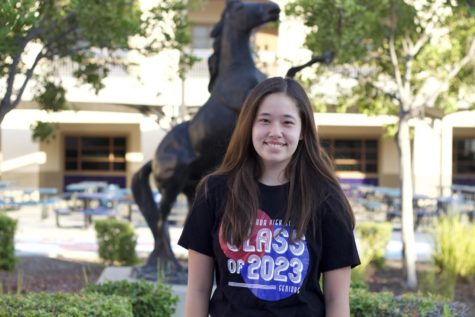What Do Your Textbooks Say About Climate Change?

Many textbooks have been proven to express doubt about the impacts of global warming.
October 8, 2019
As students, some of the most accessible information comes from our textbooks, but is the information always accurate? In some cases, the information may be outdated, but when it comes to climate change, big publishers, like Pearson and Houghton Mifflin Harcourt, may leave out information about the topic.
Some books illustrate certain doubts about climate change. For example Issues and Life Sciences by SEPUP only mentions climate change in one sentence which says, “potential threat to Earth’s biomes.” Climate change is more than a small problem to Earth, it is the most serious threat. The textbook fails to illustrate that climate change is more than just a theory.
Mrs. Farell (Staff), who teaches honors biology, says, “our textbooks are actually very very old… science has changed their standards, they have changed everything, and we are waiting to get new books. Ours does mention global warming in human impact… but I do not say that it is up to date as far as that goes.” Even at Yorba Linda High School, students do learn from science textbooks that do not address climate change as a serious threat. Since the books are outdated, students may be under the impression that climate change isn’t as severe as it actually is.
Certain textbooks cover topics where climate change is relevant, but they fail to mention a single sentence about it. A book about the U.S. government, Magruder’s American Government, by William A. McClenaghan, is an example of this. Is the book implying that the government is not connected to climate change?
Even though teachers cover climate change and human impact in their science or social science classes, some students at Yorba Linda High School still feel that teachers are not covering climate change to its full extent. Kylie deBest (9) feels that, “they teach us about atoms and carbon… but they don’t really say how it’s bad for us.”
Information about climate change should be widely available to students. Students who currently attend Yorba Linda High School are part of the generation that will contribute to how climate change will impact our future. Many adults, including our own president, do not take climate change seriously, meaning that it is up to students to make an impact on their environment. As Kylie deBest said, “there are people who want to know more about [climate change] and what they can do. Many teens want to make a change but they don’t know how exactly.” Textbooks should be able to teach students accurate facts. If they are outdated, students may not be able to access information that is relevant to them.





































